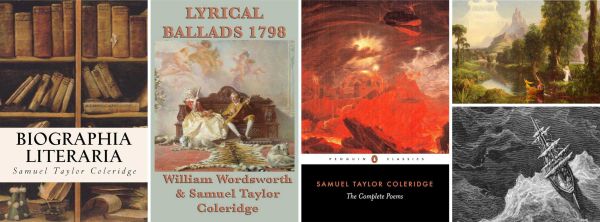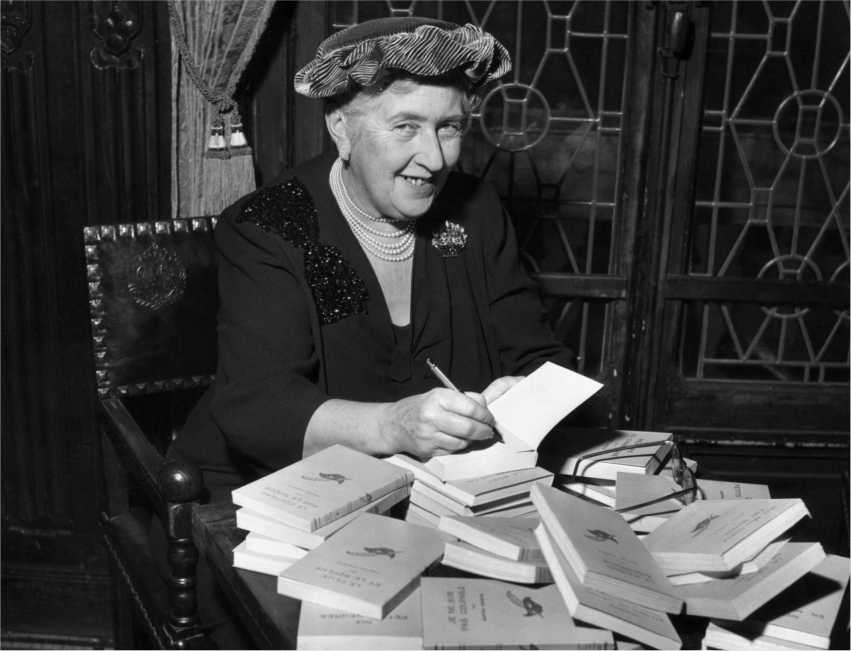Five must-read works by Samuel Taylor Coleridge

- Christopher Rodrigues
- 21 Oct, 2023
His birth anniversary is on October 21st. This bright composer defied societal odds in the early 20th century
Samuel Taylor Coleridge was born on October 21, 1772 in the remote Devon village of Ottery St. Mary, the tenth and youngest child of Ann Bowdon Coleridge and John Coleridge, a school-master and vicar whom he was said to resemble physically as well as mentally.
He was an English poet, critic, and philosopher, known for his significant contributions to the Romantic literary movement.
He attended Jesus College, Cambridge, but did not complete his degree. He later joined the army but left due to health issues.
The bright young composer made his musical debut with ‘Ballade in A Minor’, for which he was called ‘a genius’ by music publisher August Jaeger.
Conscious of his African descent, Taylor’s classical compositions were heavily influenced by traditional African music and this made him one of the most progressive writers of his time.
He also became well-known for his use of poetry – particularly in his cantata trilogy, The Song of Hiawatha, which included the epic Hiawatha Overture and was based on a poem by Henry Wadsworth Longfellow.
Samuel Coleridge-Taylor died of pneumonia on 1 September 1912 in Croydon, at the age of 37. Throughout his short life, he faced financial struggles and personal tragedy, which are both often linked to his early demise.
Coleridge’s poetry often explores themes of nature, imagination, and the supernatural. He was known for his vivid and imaginative use of language and his fascination with the mysterious and supernatural elements in his works.
Samuel Taylor Coleridge is best known for his poetry, but he also made significant contributions to literary criticism and philosophical writing. Here are five works for which he is well-known:
The Rime of the Ancient Mariner (1798): This is one of Coleridge’s most famous and enduring poems. It tells the haunting and surreal tale of a mariner's voyage and the consequences of his actions. It’s known for its vivid imagery and exploration of themes like guilt, redemption, and the supernatural.
Kubla Khan (1816): This is a fragmentary poem that Coleridge claimed was inspired by a dream. It's celebrated for its lush and evocative descriptions of a fantastical landscape and is often considered a masterpiece of Romantic poetry.
Biographia Literaria (1817): This is Coleridge's influential work of literary criticism and autobiography. In it, he discusses his own poetic philosophy and provides insights into his thoughts on the nature of poetry, imagination, and creativity.
Lyrical Ballads (1798, co-authored with William Wordsworth): While this is a collaborative work with Wordsworth, it's essential to Coleridge's literary reputation. The collection, particularly Coleridge's poems in it, played a significant role in the development of Romantic poetry.
Dejection: An Ode: A meditative and introspective poem in which Coleridge reflects on his personal struggles and the creative process.
Other well-known poems by Coleridge include ‘Christabel,’ which is an unfinished narrative poem that explores themes of the supernatural and the mysterious. ‘Frost at Midnight,’ which is a reflective and contemplative poem, is often considered an example of Coleridge's conversational style of poetry. ‘The Eolian Harp,’ a nature-inspired poem that reflects on the power of nature and the human imagination. And, ‘This Lime-Tree Bower My Prison,’ which is a poem that describes the beauty of nature and the poet's contemplation of the world while confined to a garden.
These are just a few of the works for which Samuel Taylor Coleridge is well-known. His poetry and literary criticism continue to be studied and celebrated for their contributions to the Romantic literary movement and the broader field of English literature.
Samuel Taylor Coleridge is considered one of the key figures in the Romantic Movement in English literature. His innovative use of language and exploration of the human imagination left a lasting legacy in the world of poetry and literary criticism.





